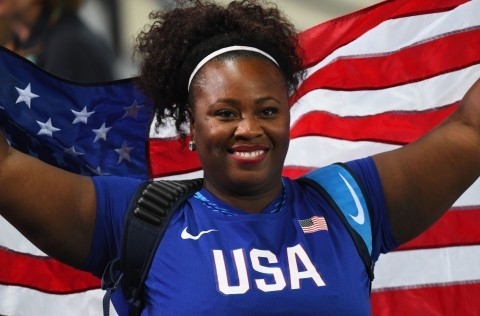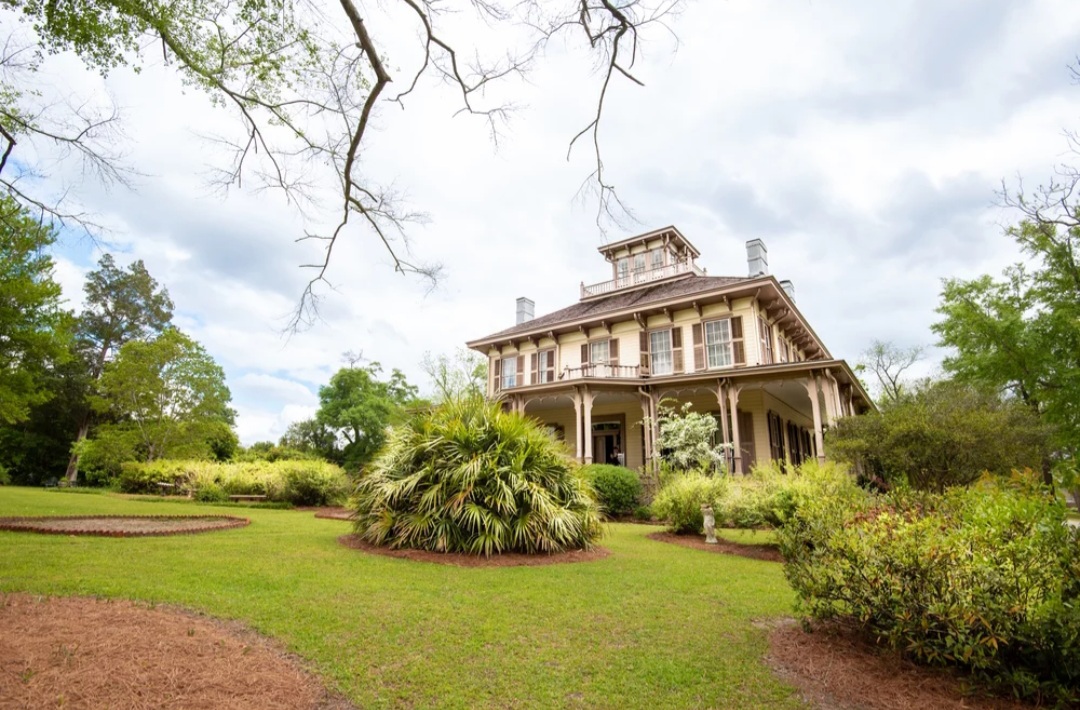
Rio 2016 been filled with #BlackGirlMagic: The 28 million people on average who watched daily in primetime and tens of millions who streamed the games online — to which many analysts chalk up the educed television audience — saw our screens and Twitter timelines filled with stellar moments of achievement by African American women, offering all Americans the chance to respond with chants of “U-S-A!” to the athletic exploits of black women, and watch our sons, and particularly our daughters, cheer, too.
But these games also underscored ongoing challenges in race, representation and athletics in America. Black women — Michelle Carter, Gabby Douglas, Ibtihaj Muhammad, “the Simones” — were, in many ways, the American heroes of these Olympics. But in a painful reminder of the ways in which that hero status can often be conditional, and fleeting, these women, other athletes of color, and by extension we, were also unjustly cast at times as the goat.
And the measure of their reception is a measure of the uneven progress of black women in terms of the full measure of citizenship we’ve more than earned, but frequently aren’t afforded.
For the complete story, visit TheWashingtonPost.com/PostEverything.



